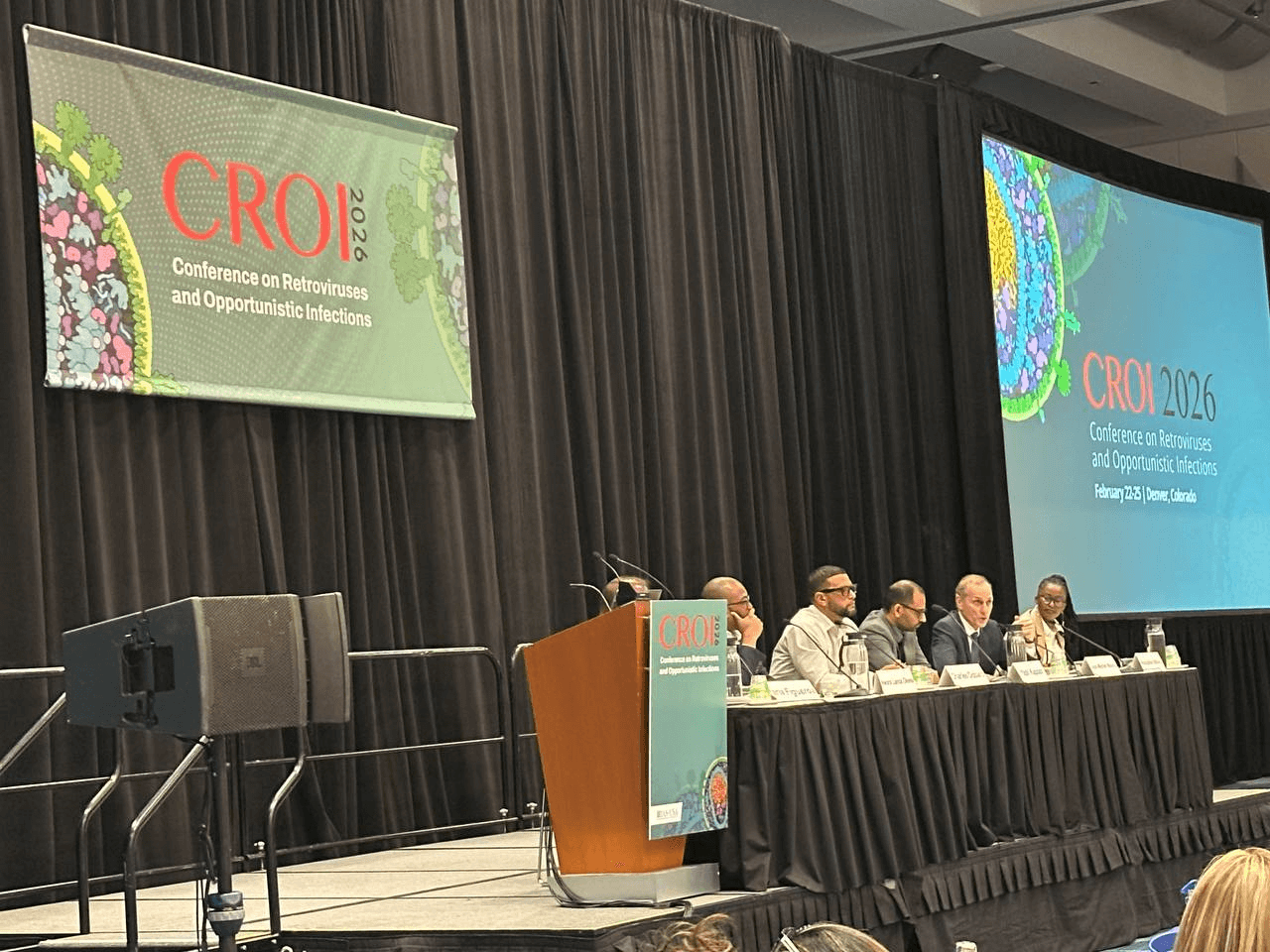Could a new technology help us reduce HIV reservoirs in the brain?

American scientists have developed a technology that can deliver drugs in the form of nanoparticles and potentially reduce HIV reservoirs in the brain that may provoke neurological disorders. Biochemists at the University of Miami believe that the ability of nanoparticles to deliver antiretroviral drugs to the brain is a significant breakthrough that can potentially improve the treatment of various neurological diseases.
“While HIV can be treated as a chronic disease, modern drugs cannot overcome the blood-brain barrier,” said Shanta Dhar, Associate Professor of Biochemistry and Molecular Biology at Sylvester Comprehensive Cancer.
Over the past decade, Dr. Dhar has studied polymer chain nanoparticles as a means of delivering intracellular drugs. Her laboratory study on the new experimental model was published in the journal of the American Chemical Society ACS Nano. (Link: https://pubs.acs.org/doi/10.1021/acsnano.0c09553)
New therapeutic strategy
A team of researchers led by Dr. Dhar was able to use biodegradable polymer nanoparticles aimed at the brain to reduce the viral load of HIV using a new experimental model. They also included antioxidant and anti-inflammatory neuroprotectors to combat stress and inflammation in brain cells.
Dr Dhar noted that drug delivery with nanoparticles is a new strategy for treating HIV-related neurocognitive disorders, such as dementia, which can be exacerbated by the use of recreational drugs.
People living with HIV have a 58% higher risk of dementia than the general population. This is the conclusion reached by American researchers who compared the data of two groups of similar age, ethnicity and sex, but with different HIV status. Experts have also found that the disease in people living with HIV is diagnosed, on average, 10 years earlier than in their HIV-negative peers.



